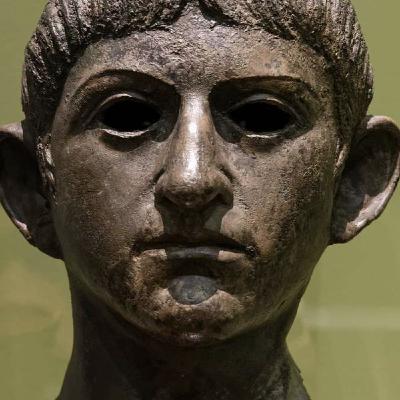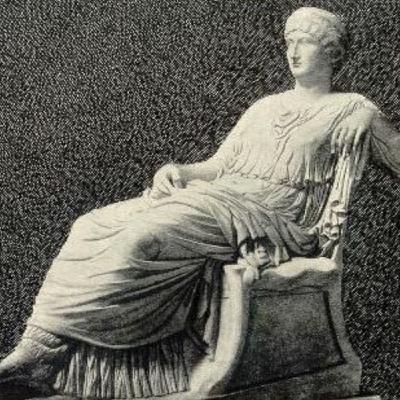42: 1. LONDINIUM 91 CE. Seven Warnings, Part I. Gaius and Germanicus, joined by retired centurions, convened at the Friends of History Debating Society to discuss Germanicus's list of seven maxims detailing how empires, specifically the US, engage in self-har
Update: 2025-11-03
Description
1. LONDINIUM 91 CE. Seven Warnings, Part I. Gaius and Germanicus, joined by retired centurions, convened at the Friends of History Debating Society to discuss Germanicus's list of seven maxims detailing how empires, specifically the US, engage in self-harm or self-destruction. Gaius offered the example of the emperor deciding Nigeria needs attention due to the killing of Christians, asserting America has no interest whatsoever in this venture. He contrasted this unnecessary entanglement with Rome's historical method of handling threats in its self-interest. Rome, when it decided to win, completely wiped out resisting enemies, as demonstrated by the destruction of Jerusalem in 70 CE and the earlier obliteration of Sepphoris, the capital of Galilee, around 4 BCE. The Romans even renamed Judea to Palestine to deny the populace their historical identity. Germanicus then presented the first four maxims routinely ignored by US war fighters: (1) Never let a foreign power define your interests and objectives—this warning cited historical entanglement examples, including the British in two World Wars and modern manipulation by Ukraine, NATO countries, and Israel; (2) Never let initial success fool you into thinking you're winning—Germanicus noted that this "victory disease" affected the Japanese after Pearl Harbor and the US during the invasion of Iraq and the initial stages of the Ukraine war; (3) The failure chosen now is always better than the failure forced upon you later—this maxim addresses the destructive "stay the course" mentality, exemplified by the Vietnam War, driven by courtiers worried about reputation rather than effectiveness; (4) Judgment of the enemy should not be confirmed by internal biases—this bias leads to disastrous strategy, such as the initial belief that the Japanese could not fly effectively due to poor eyesight, viewing Pearl Harbor as a "freak."
NERO
Comments
In Channel


















